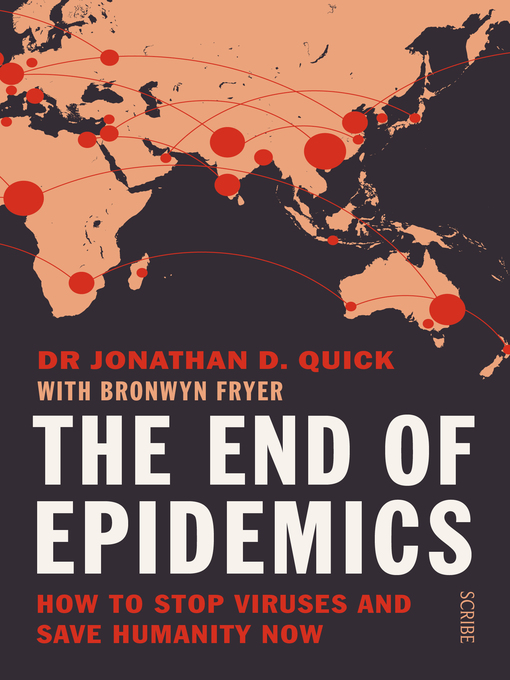It's the dystopian nightmare pandemic experts have warned about. But it's happening right now.
COVID-19 has catapulted us into a science-fiction scenario — now our lived reality across the globe. Seemingly overnight, literally billions of people around the globe have had their lives upended by fear, uncertainty, bankruptcy, illness, or death.
At home, we ask: will the job I've been preparing for even exist when COVID-19 has passed? Will the business I built with sweat ever reopen? When can we safely travel abroad — or even to some parts of our own country? Will everyday life ever go back to normal? When will we have a vaccine?
Boiled up from the blood of a bat in rural China, the novel coronavirus has scourged every continent except Antarctica, and every major city — from Sydney to Stockholm, New York to Nairobi, Moscow to Miami, and Brasília to Bangkok. By the time the pandemic has passed, COVID-19 will have killed hundreds of thousands of people, sickened millions of people, upended the lives of tens of millions, and cost the global economy trillions of dollars.
An outbreak of a new, deadly, highly contagious virus was inevitable. But an explosive global pandemic was not inevitable. There is hope.
In The End of Epidemics, leading public health authority Dr Jonathan D. Quick tells the stories of the heroes, past and present, who have succeeded in their fights to stop the spread of illness and death. He explains the science and the politics of combatting epidemics. And he provides a detailed seven-part plan showing exactly how world leaders, health professionals, the business community, media, and ordinary citizens can work together to prevent epidemics, saving millions of lives.

